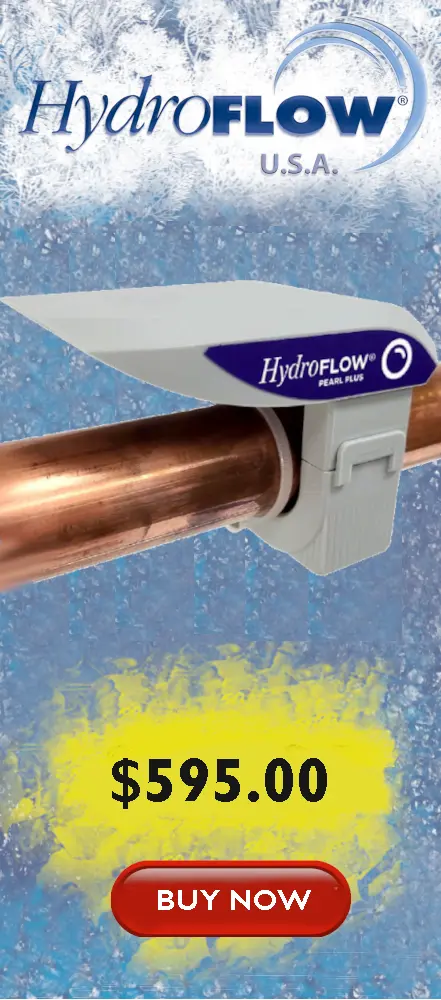New Hampshire
Water Quality in the state of New Hampshire
New Hampshire has a great landscape of mountains, lakes, ocean beaches and family attractions. 56% of New Hampshire residents get their water from a public water system. The other 44% receive their water from private wells. Public water is comprised of both underground aquifers and surface waters such as rivers, lakes and streams.
Water Hardness Summary
New Hampshire water is considered soft. The average water hardness for the New Hampshire resident is around 39 PPM. Some examples of soft water cities are Manchester with 19 PPM (1 GPG) and Concord, the state capital, at 16 PPM. Portsmouth water is 101 PPM and is considered hard according to the USGS water hardness measures.
For more information on water hardness in specific cities, please see the table below.
| City | Water Hardness Data |
|---|---|
|
Manchester 3101 |3102 | 3103 | 3104 | 3109 |
19 PPM (mg/L) or 1 gpg |
|
Nashua 3060 |3062 | 3063 | 3064 |
29 PPM (mg/L) or 2 gpg |
|
Concord 3301 | 3303 |
16 PPM (mg/L) or 1 gpg |
|
Somersworth 3878 |
14 PPM (mg/L) or 1 gpg |
|
Rochester 3839 |3867 | 3868 |
25 PPM (mg/L) or 2 gpg |
|
Portsmouth 3801 |
101 PPM (mg/L) or 6 gpg |
|
Lebanon 3766 |
19 PPM (mg/L) or 1 gpg |
|
Keene 3431 |
25 PPM (mg/L) or 1 gpg |
PPM = Parts Per Million
mg/L = Milligrams Per Liter
gpg = Grains Per Gallon
Manufacturing and Water Hardness
Manufacturing is a major industry for New Hampshire. New Hampshire’s top manufacturing industries are computer and electronics, fabricated metals, and machinery. Product processing in most manufacturing plants requires water. Cooling towers and HVAC are imperative to keeping operations running smoothly. Water hardness levels in some manufacturing plants can be as high as 300 PPM; with water hardness levels this high, manufacturing equipment can deteriorate at a rapid pace and experience efficiency loss.
Tourism is also a major contributor to New Hampshire’s growing economy. Though New Hampshire has relatively soft water, hotel management can discover that they still experience headaches related to scale buildup and bio issues which can increase the costs of maintenance to their pools, ice machines and HVAC equipment. In addition, the lifespan of this hotel equipment can be cut in half from the impact of scale buildup brought on by water hardness.
Solutions to your Water Quality Problems
Fixing your water quality issues in the state of New Hampshire will depend on your specific water source. It is best to test your potable water supply in order to get a better understanding of your water quality. Testing is relatively cheap. The test results will allow you to understand if your potable water has issues that need to be addressed. Common solutions to water contamination problems may include a water filtration system, a reverse osmosis system or other whole home water treatment solutions.
A problem that some New Hampshire residents will have to deal with is hard water. One old-fashioned, inefficient, expensive and unhealthy method to treat hard water is with a salt-based water softener. Most people don’t realize that if you’re using a water softener you are basically removing calcium and magnesium from your drinking water and adding salt to your diet. In addition, many states are banning the use of salt-based water softeners.
Alternative water treatment solutions such as “water conditioners” have been gaining popularity in recent years because they are cheap to operate and the best eco-friendly solution for hard water. Hydropath technology, which powers the HydroFLOW water conditioners is by far the most efficient and cost-effective eco-friendly solution to deal with hard water problems. To learn more about how HydroFLOW solves the problems created by hard water, please check out our technology page. You might want to read this blog that explains the difference between water conditioners and water softeners: Water Conditioner vs. Water Softener Blog.


